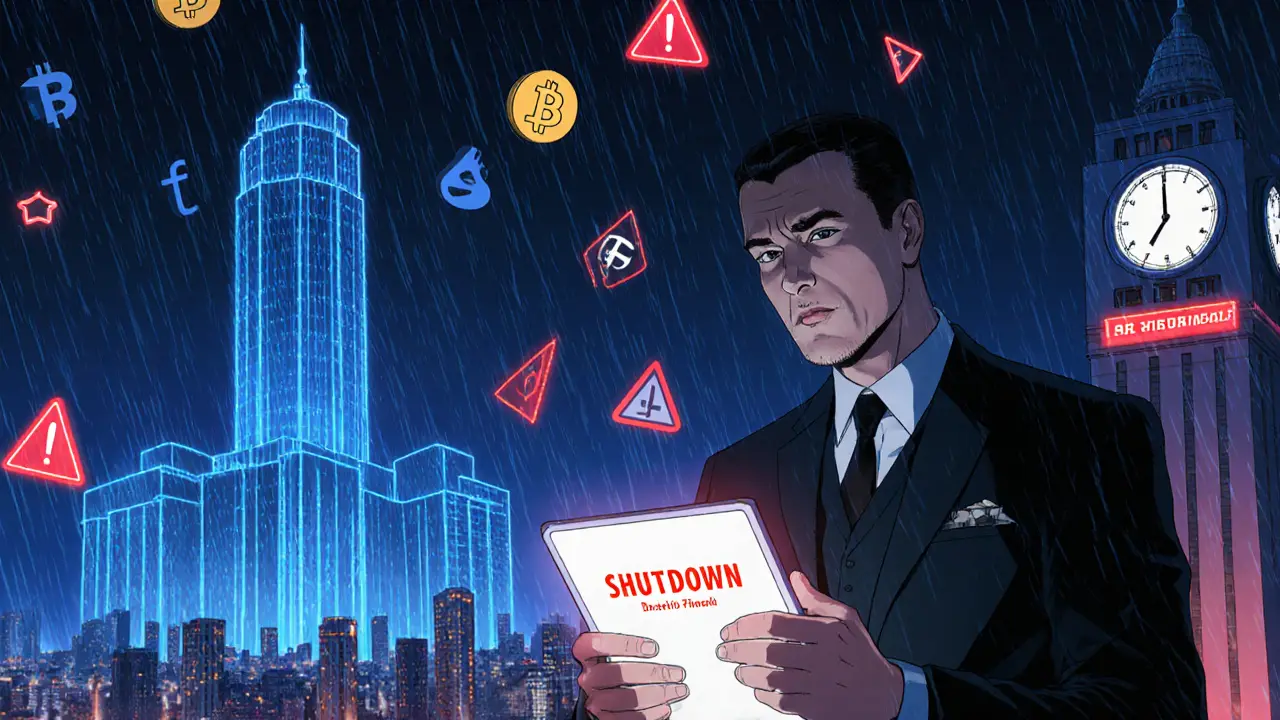Iranian Cryptocurrency Regulation
When working with Iranian cryptocurrency regulation, the set of laws and guidelines governing crypto activities in Iran. Also known as Iran crypto law, it shapes how traders, exchanges, and developers operate within the country. The regime often forces users to rely on VPNs, virtual private networks that mask IP addresses and encrypt traffic to bypass local restrictions. At the same time, the Central Bank of Iran, the primary monetary authority enforcing crypto policies dictates which platforms can legally operate, with Nobitex, the largest domestic exchange, often serving as the benchmark for compliance. Understanding these entities helps you see why Iranian cryptocurrency regulation isn’t just a set of rules—it’s a network of controls that affect every transaction.
Why Understanding the Rules Matters
Iranian cryptocurrency regulation encompasses both legal mandates and informal enforcement tactics. The law requires traders to use licensed venues, which means any exchange operating without Central Bank approval faces shutdown or fines. This requirement influences how VPN providers are chosen; strong encryption and obfuscation become essential to avoid detection, creating a direct link between regulation and technology. Meanwhile, enforcement actions—like raids on unregistered trading rooms—show how swiftly authorities can act, pushing users toward compliant platforms such as Nobitex. The interplay between policy and practice forms a feedback loop: stricter rules drive higher VPN adoption, which in turn prompts regulators to refine detection methods.
For everyday traders, the practical impact is clear: you need a reliable VPN, a compliant exchange, and a solid understanding of the latest enforcement notices. Recent crackdowns have highlighted the risks of using unlicensed services, where users risk account freezes or even legal action. By staying on licensed platforms, you benefit from official support, lower transaction fees, and reduced chances of surprise bans. Additionally, keeping an eye on Central Bank announcements provides early warning of policy shifts, allowing you to adjust your strategy before any disruptive changes hit the market.
The collection of articles below dives deeper into each facet of this ecosystem. You’ll find a step‑by‑step guide on safe VPN usage in Iran, an analysis of Nobitex’s role under the current legal framework, and a look at how peer‑to‑peer networks like Bitcoin’s P2P system adapt to local restrictions. Whether you’re a beginner curious about the basics or a seasoned trader needing up‑to‑date compliance tips, the posts are organized to give you actionable insights and real‑world examples. Let’s explore the most relevant resources and help you navigate Iran’s crypto landscape with confidence.
- October 7, 2025
- Comments 20
- Cryptocurrency

